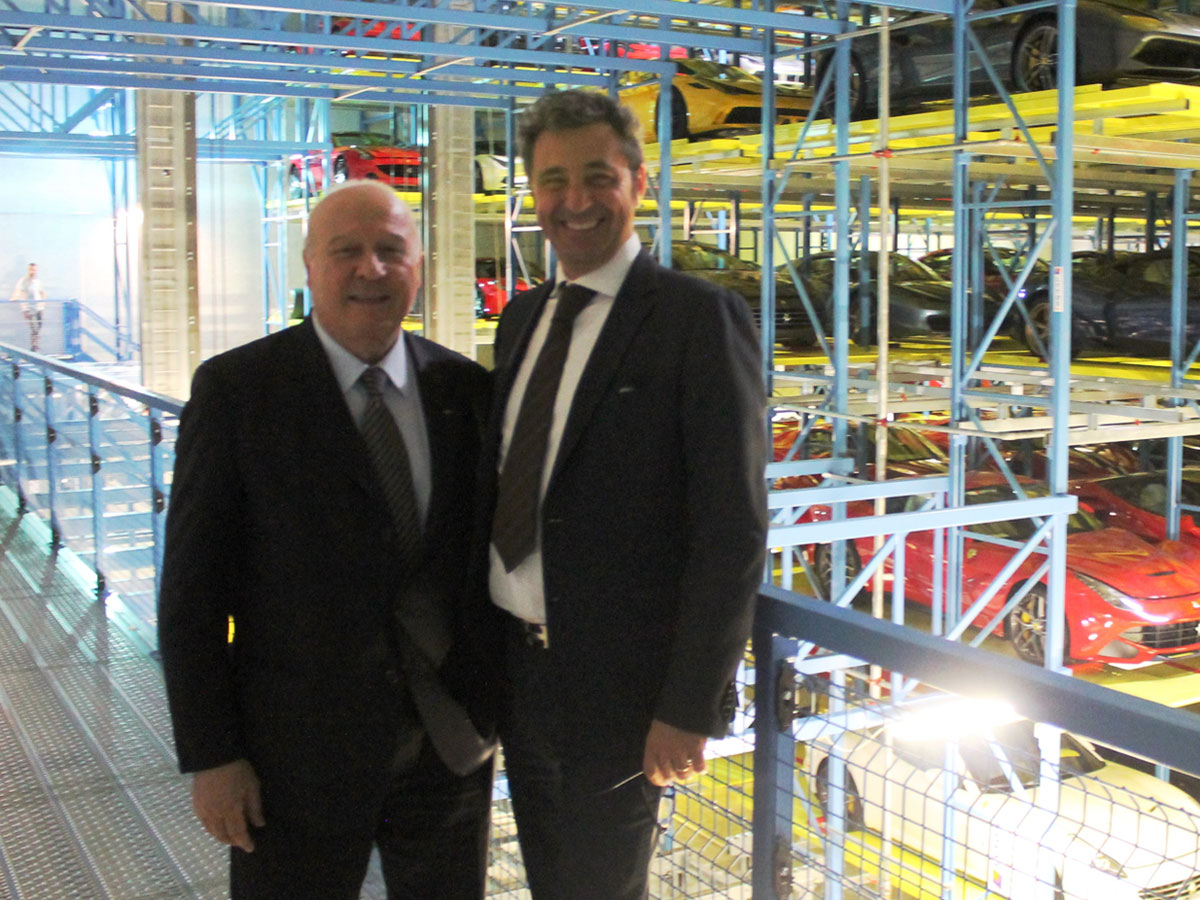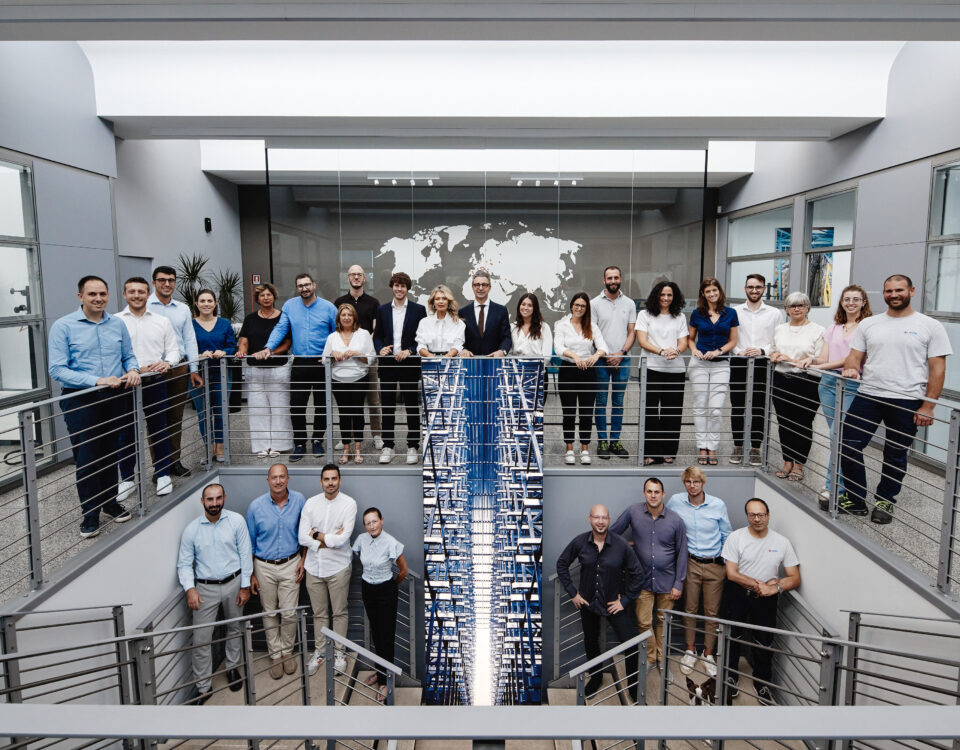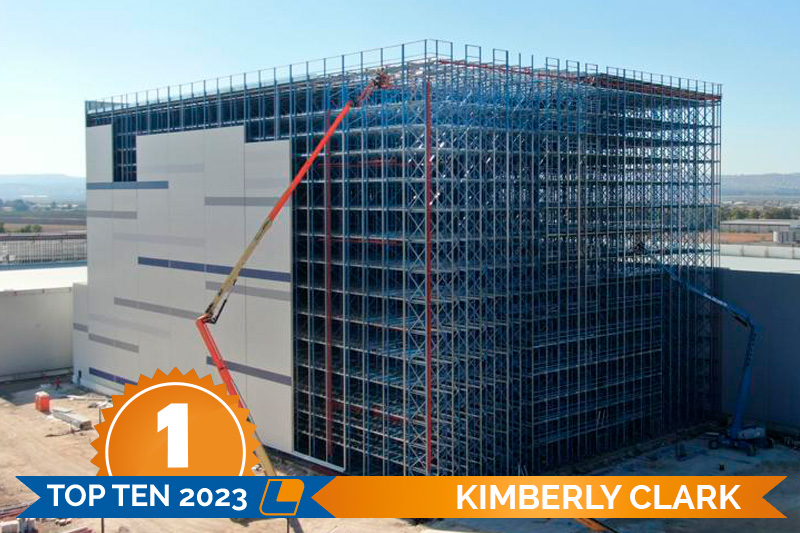
2015 closes with extraordinary results for LYTO’S
10/01/2016
Published the book celebrating the 50th anniversary of Lyto’s
15/12/2016Automatic Warehouses: to buy as a turn key supply from a General Contractor or to buy the rack structures directly from a manufacturer? After 50 years of experience in the market, Lyto’s suggestions to its future Clients.
Always customers who decide to purchase an automated warehouse, found themselves to face a difficult choice: to buy as a turn key supply from a General Contractor (also known as System Integrator) or proceed with selection and direct purchase of the rack from a manufacturer ? The history of the last 50 years in Italy teaches us that customers basically set this choice on two aspects: to have a unique responsible for the whole project, with which to manage all aspects, especially in case of disputes, or to manage separately the suppliers, in order to have a substantial cost saving.
Another important variable that has influence in the choice, is undoubtedly the cost ratio between automation and rack : warehouses with relevant storage capacity often have an incidence of the rack’s cost, higher than 50 % of the total amount of the investment, (especially, in case of self-supporting warehouses, when is also included the cladding cost), with the result that the mark-up normally applied by General Contractor (varying from 10% to 20%) is likely to become a significant weighting on the investment. Based on these reasons, many customers and entire sectors have often opted for direct purchases of the rack, as confirmed cases of Saima Avandero, Benetton, Dainese, Caleffi, Conserve Italia, Barilla, pasta Zara and all the pasta industry and many others.
But are we sure that this choice has only economic repercussions? According to Lyto’s there are other equally important aspects that customers should consider.

Skills & Knowledge
First aspect is related to the specific skills and knowledges that a serious and qualified supplier as Lyto's can give, as part of the development of the project and of the construction of an automated warehouse, no one General Contractor can be able, if alone, to offer all possible solutions, due to the complexities that concern the structural solutions for the rack, interfaces with building works and foundations, claddings for self supporting warehouses, and in general to all those technical and organizational aspects which fall under the Lyto's sphere of action.
History of our 50 years of continuous presence in the market, teaches us that the contribution of Lyto’s has been often crucial during various phases of the project, initial design, feasibility evaluation, identification of the best technical solution, definition of the total investment cost.

Best solutions for Costumers
Second aspect is related to the speculative attitude that organizations of General Contractors inevitably have during the execution of the project, try to flatten the technical solutions (even when it is not objectively possible), in order to have more potential suppliers, with the scope to obtain from the price competition, the best result in economic terms (when possible even better in comparison to what was the target).
All this, often with a detriment of quality, reliability and especially of the propositional capacities, that a good supplier as Lyto’s, is able to offer to his Customers.

Direct contact with the Customer
The third aspect is related to the false myth that a General Contractor can reduce/avoid potential problems in the implementation of an automated warehouse: a General Contractor that sells the rack structure will be certainly subject to a greater level of technical and organizational risks, in comparison to a rack manufacturer that have a direct contact with the Customer.

High and constant quality
At the end we have to consider the fact that no one supplier, especially in the case of direct supply to the customer, has interest to realize a system with problems, with consequent negative effects in terms of reputation and credibility in the market.






